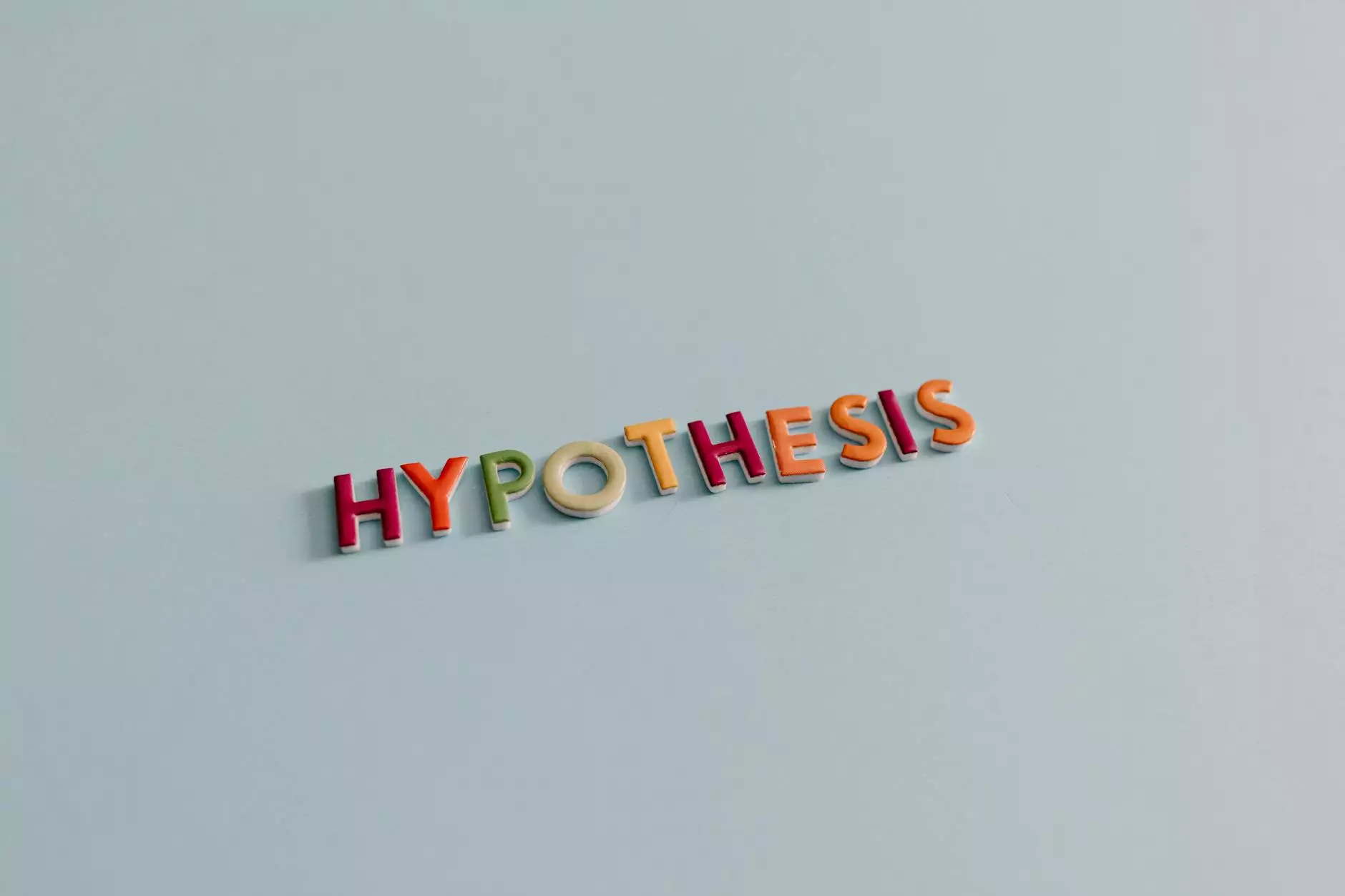Unlocking the Secrets to Restful Nights: Non-Prescription Sleep Aids That Work

Sleep is an essential component of our overall health and well-being. Quality sleep contributes not only to physical health but also to mental clarity and emotional balance. Unfortunately, many individuals struggle with sleep disorders or temporary insomnia, leading them to seek solutions. Thankfully, there are various non-prescription sleep aids that can help improve sleep quality. In this comprehensive guide, we'll explore the most effective non-prescription sleep aids that work, helping you achieve the restful nights you deserve.
Understanding Sleep and Its Importance
Before diving into the world of sleep aids, it’s crucial to understand what sleep is and why it's important. Sleep is a natural, recurring state that is characterized by altered consciousness, relatively inhibited sensory activity, reduced muscle activity, and inhibition of most voluntary muscles during REM sleep. It’s vital for several reasons:
- Physical Restoration: During sleep, the body repairs and regenerates tissues, synthesizes proteins, and releases hormones.
- Mental Regeneration: Sleep plays a role in the brain's ability to consolidate memories and process information.
- Emotional Balance: Adequate sleep helps regulate mood and cope with stress.
Common Causes of Sleep Disturbances
Understanding the *common causes of sleep disturbances* can guide individuals towards more effective solutions. Some prevalent causes include:
- Stress and Anxiety: Daily worries can keep the mind racing, making it difficult to fall asleep.
- Poor Sleep Habits: Irregular sleep schedules and excessive screen time can disrupt your body’s natural sleep rhythms.
- Dietary Choices: Consuming large meals or caffeine close to bedtime can interfere with sleep.
- Medical Conditions: Chronic pain or other health problems can also affect sleep.
Non-Prescription Sleep Aids: An Overview
When it comes to addressing sleep issues without prescriptions, there are several options available, ranging from natural remedies to over-the-counter medications. Below, we outline some of the most popular and effective non-prescription sleep aids that work.
1. Melatonin Supplements
Melatonin is a hormone that your body produces naturally to regulate the sleep-wake cycle. For many people, taking melatonin supplements can significantly enhance sleep quality. They are particularly useful for those who experience:
- Jet lag after traveling across time zones.
- Shift work sleep disorder.
- Difficulty falling asleep or maintaining sleep.
Studies suggest that low doses of melatonin (0.5–5 mg) can help you fall asleep faster and increase overall sleep duration. It's important to consult with a healthcare professional before starting any new supplement.
2. Herbal Sleep Aids
Numerous herbs have been traditionally used to promote relaxation and improve sleep quality. Here are a few of the most effective herbal sleep aids:
- Valerian Root: Often used for its sedative properties, valerian root can help decrease the time it takes to fall asleep.
- Chamomile: Known for its calming effects, chamomile tea can be an effective sleep aid, especially when consumed before bedtime.
- Lavender: The soothing aroma of lavender is associated with improved sleep quality; lavender essential oil can be used in aromatherapy or added to a warm bath.
3. Over-the-Counter Sleep Medications
There are several over-the-counter sleep medications available that provide immediate relief from insomnia. These typically contain antihistamines, which can promote drowsiness. Popular over-the-counter options include:
- Diphenhydramine (Benadryl): An older antihistamine that is commonly used as a sleep aid.
- Doxylamine (Unisom): Another antihistamine that can help with sleep onset.
While these medications can be effective, they are generally not recommended for long-term use due to potential side effects, such as dry mouth and next-day drowsiness.
Why Choose Non-Prescription Sleep Aids?
Choosing non-prescription sleep aids can offer several benefits:
- Accessibility: Non-prescription sleep aids are readily available at pharmacies, making them accessible without the need for a doctor's appointment.
- Less Stigma: Many individuals prefer non-prescription solutions to avoid the stigma associated with prescription medications for mental health.
- Fewer Regulations: Non-prescription sleep aids generally have fewer regulations compared to prescription drugs, offering consumers a wider choice.
How to Choose the Right Sleep Aid for You
Selecting the right sleep aid requires careful consideration. Here are some tips to help guide your decision:
Evaluate Your Sleep Needs
Identify what specifically is affecting your sleep. Do you have trouble falling asleep, staying asleep, or waking up too early? Understanding your specific sleep challenge will help you choose a more targeted solution.
Consider Natural Options First
Whenever possible, consider starting with natural sleep aids such as melatonin or herbal remedies. These options are often associated with fewer side effects compared to synthetic medications.
Consult with a Healthcare Professional
Before starting any sleep aid, particularly if you have existing health issues or are taking other medications, it’s wise to consult with a healthcare professional. They can help you evaluate potential interactions and provide personalized recommendations.
Tips for Enhancing Sleep Quality Naturally
While taking non-prescription sleep aids can be effective, establishing good sleep hygiene practices is equally important. Here are some tips for enhancing sleep quality naturally:
- Maintain a Consistent Sleep Schedule: Go to bed and wake up at the same time every day, even on weekends.
- Create a Restful Environment: Make your bedroom conducive to sleep by keeping it dark, quiet, and cool.
- Limit Screen Time: Reduce exposure to screens at least an hour before bed, as blue light can interfere with melatonin production.
- Engage in Relaxation Techniques: Incorporate relaxation methods such as deep breathing, meditation, or gentle yoga into your bedtime routine.
- Limit Caffeine and Alcohol: Both substances can disrupt sleep patterns; try to limit their intake, especially in the hours leading up to bedtime.
The Bottom Line: Making Informed Choices for Better Sleep
In conclusion, while *non-prescription sleep aids that work* can provide significant relief for those struggling with sleep, it is essential to understand their proper use and limitations. By considering natural options, maintaining good sleep hygiene, and consulting healthcare professionals when necessary, individuals can craft a comprehensive approach to achieving better sleep.
At Australian Pharmacy, we are dedicated to supporting your journey towards improved health and well-being. Explore our range of non-prescription sleep aids and other health products today to find the right solution that suits your individual needs.
non prescription sleep aids that work


